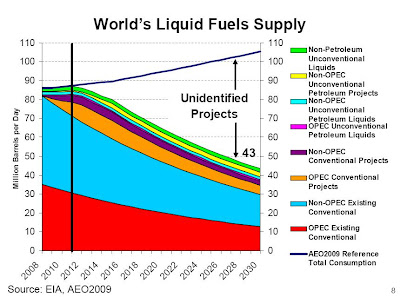The narrative about Catalan independence is that two major cities, Madrid and Barcelona, are competing for power, and one has decided that the best path forward is to declare independence from Spain and free itself of Madrid’s dominance.
There is certainly something to this narrative. As CNN reports:
Catalonia accounts for nearly a fifth of Spain’s economy, and leads all regions in producing 25% of the country’s exports.
It contributes much more in taxes (21% of the country’s total) than it gets back from the government.
Independence supporters have seized on the imbalance, arguing that stopping transfers to Madrid would turn Catalonia’s budget deficit into a surplus.
Catalonia has a proven record of attracting investment, with nearly a third of all foreign companies in Spain choosing the regional capital of Barcelona as their base.
But the spread of independence-seeking across Europe points to something more than just sibling rivalry. In 2016 British voters shocked the world by voting narrowly to withdraw from the European Union (EU). Just this month two of Italy’s richest regions held non-binding referendums on seeking increased autonomy from the central government. More than 95 percent of those voting said yes.
The immediate effects of Britain withdrawing from the EU and of Catalonia becoming independent (if, in fact, either actually ends up happening) could be quite negative economically, cutting both off from established trade arrangements that power their economies. (The vague desire for more autonomy among the provinces of Veneto and Lombardy in Italy does not yet spell economic and political divorce.)
Given this outcome, why would the people of Britain and Catalonia seek to disconnect from central authorities? For Britain perhaps the impetus was that most of the people of Britain did not feel they were sharing in the prosperity generated by the country’s affiliation with the EU.
…click on the above link to read the rest of the article…





